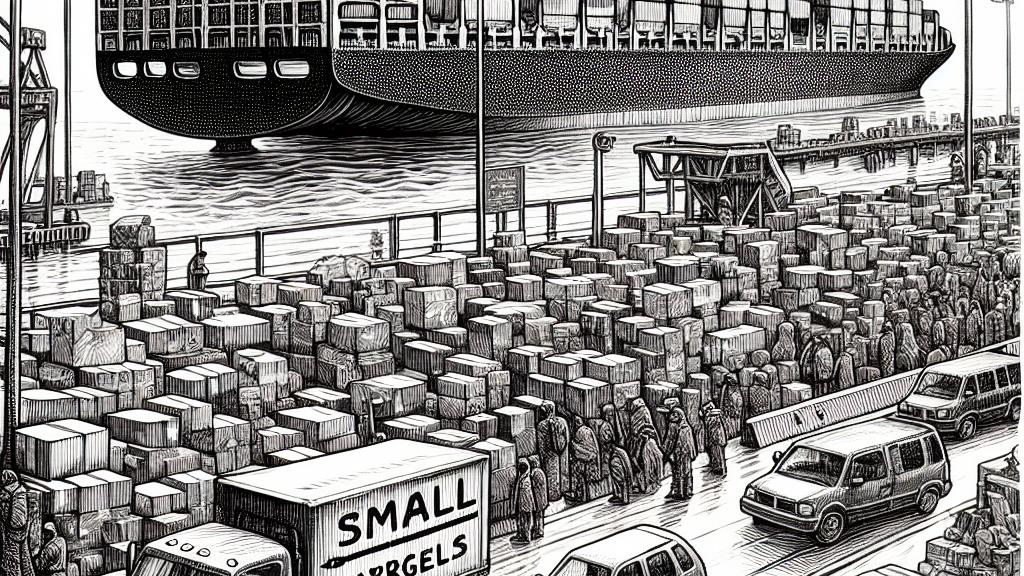Understanding the Impact of US-China Trade Policies
Overview
- Trump's proposed tax on small Chinese parcels could heavily burden the US economy and consumers.
- De minimis imports play a vital role in facilitating fast and efficient US-China trade.
- Changes in trade laws may lead to processing delays, higher costs, and significant financial setbacks for small businesses.

The Challenge of Taxing Small Parcels
President Trump’s recent move to impose taxes on small parcels imported from China has sparked widespread discussion and concern about its potential economic impact. This proposal seeks to eliminate the de minimis exemption, historically a crucial element allowing goods under $800 to be imported without incurring tariffs. While proponents believe that this measure could generate additional revenue for the federal government, critics highlight potential drawbacks. For example, reports of significant backlogs at major ports, particularly at JFK in New York, paint a troubling picture of what might occur if expedited processing is hampered. Consumers waiting for their packages are increasingly frustrated, illustrating the chaotic consequences of such policy changes.
Why De Minimis Rules Matter
The de minimis exemption, originating from the 1930 Trade Act, is essential for simplifying the import process for low-value items, especially amidst the rise of e-commerce. It allows consumers to receive their online orders promptly and without excessive fees, fostering a vibrant retail environment. Just imagine the difference it makes when your favorite gadgets, clothes, or even simple accessories can arrive quickly, enhancing convenience and satisfaction. However, if these changes push through, consumers might soon experience longer wait times, skyrocketing shipping fees, and ultimately higher retail prices. Such a shift could deter shoppers and harm businesses dependent on efficient logistics.
Potential Fallout from Stricter Trade Policies
As the Trump administration deliberates on enforcing these stringent trade policies, a multitude of potential consequences fill the air with uncertainty. Not only might these changes cause significant delays in parcel deliveries, but they could also clog up transport systems leading to production disruptions. Countries like Canada and Australia, which have adopted strict import limits, serve as cautionary tales; they reveal how rigid trade rules can stifle economic growth and innovation. If the US takes a similar route, it risks overshadowing its competitive advantage in the global market, all while other nations flourish with more liberal trade practices. The stakes are high, and the choices made today will firmly shape the future landscape of US-China trade relations.

Loading...